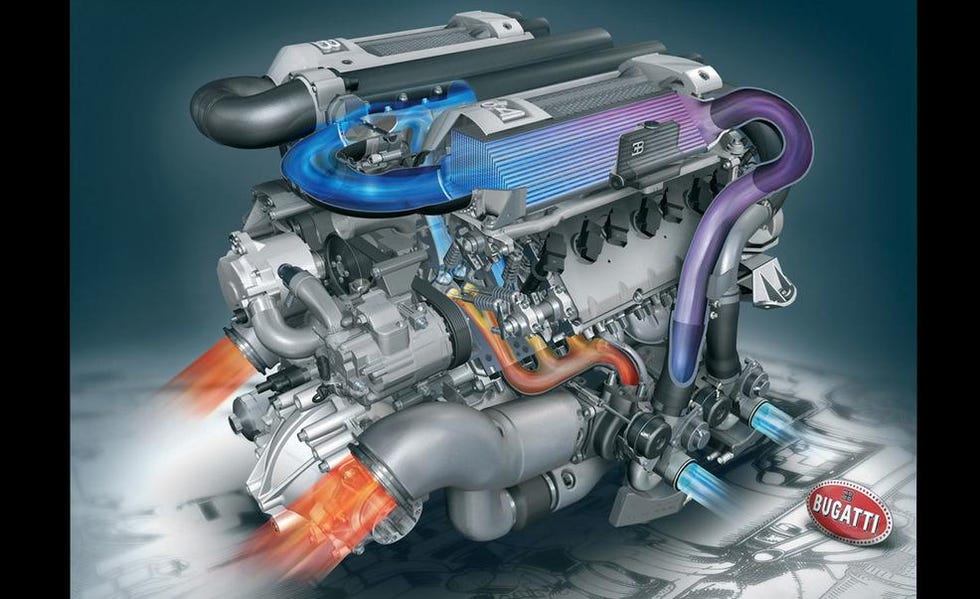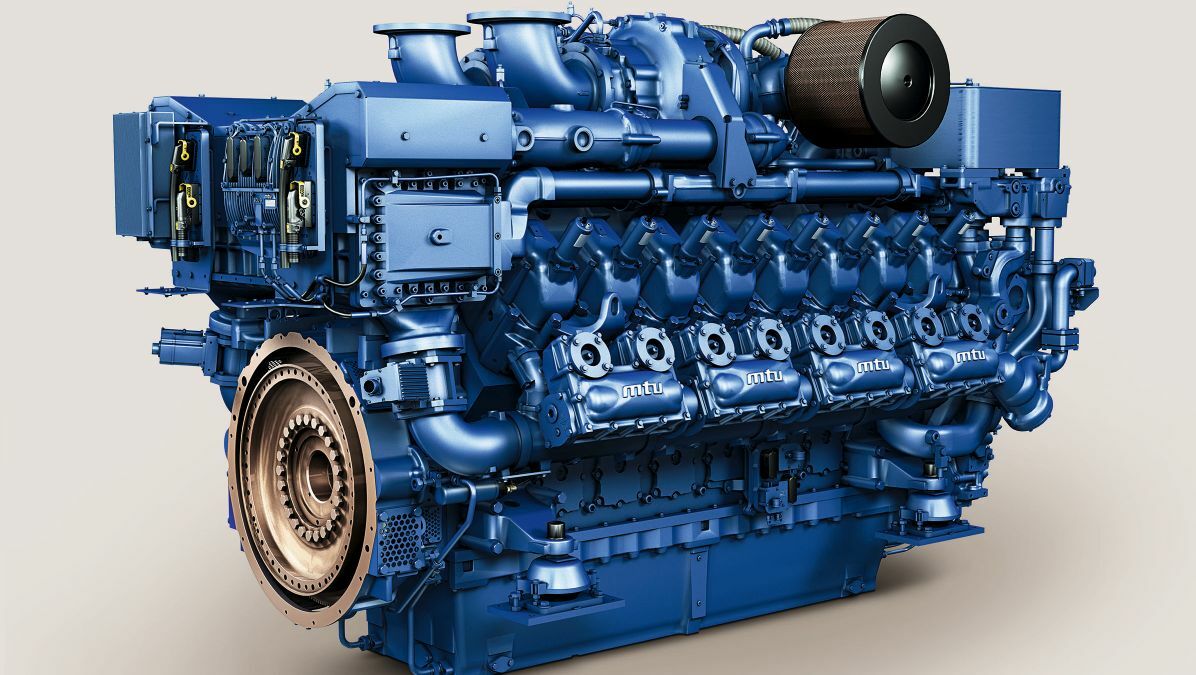A Full Guide to Picking the Right Engine for Your Task
Choosing the ideal engine for your project is a critical choice that can significantly impact its general success. Each of these elements plays an essential function in ensuring that your chosen engine not just satisfies immediate goals yet also lines up with lasting desires.
Define Your Job Requirements
Specifying your project requires is an essential action in picking the suitable engine for effective implementation. An extensive understanding of your task's goals will lead you in recognizing the abilities and attributes required from an engine. Begin by describing the extent of your project, including the wanted functionality, target audience, and the details outcomes you intend to attain.
Next, take into consideration the technical requirements that align with your task goals. This includes examining the compatibility of the engine with existing systems, along with the programming languages and structures that will certainly be used. In addition, examine the degree of scalability needed to suit future development or adjustments in need.
Spending plan restrictions also play an essential function in defining your project needs. Develop a clear financial framework to lead your decision-making procedure, guaranteeing that the engine picked fits within your budget plan while supplying the needed performance.
Evaluate Performance Requirements

Next, consider the scalability of the engine. Analyze whether it can manage boosted workloads as your project grows. Engines that support horizontal scaling are usually more effective for bigger applications. Furthermore, review the engine's performance under different problems, such as peak use scenarios, to ensure it fulfills your integrity requirements.
Consider Simplicity of Use
While technical specifications are important, the ease of use of an engine can considerably impact the development process and general job success. An instinctive user interface, clear documents, and structured operations can considerably lower the discovering curve for developers, allowing them to focus on imagination and analytic instead than coming to grips with facility tools.
When assessing an engine's convenience of use, take into consideration the onboarding experience. A well-structured intro, full with tutorials and example jobs, can help with a smoother change for new customers. Furthermore, the clarity and comprehensiveness of the engine's documents play a critical function; extensive overviews and API recommendations can encourage developers to repair and carry out features effectively.
An additional aspect to take into consideration is the engine's customization capacities. An engine that enables very easy modifications can be much more straightforward, as designers can customize it to fit their details requirements without extensive problem. Finally, evaluate the workflow integration with devices and systems you currently utilize. A natural ecosystem can improve performance and decrease rubbing throughout the advancement procedure. Ultimately, choosing an engine that prioritizes simplicity of usage can cause an extra productive and pleasurable growth experience.
Assess Community and Support
The why not check here strength of an engine's area and support network can considerably influence a programmer's experience and success. When assessing an engine, take into consideration the size and activity level of its neighborhood.
Additionally, examine the accessibility of official support channels. Trusted documents, responsive customer assistance, and routine updates are necessary for addressing technical problems and maintaining your task on course. Engines For Africa. Energetic communities likewise cultivate cooperation, supplying possibilities for networking and feedback, which can be invaluable, especially for independent designers or little teams
In addition, examine the visibility of community-run occasions, such as hackathons or meetups. These gatherings can improve your understanding of the engine while linking you with potential partners and seasoned customers. In recap, a durable neighborhood and support system not only enhance development but additionally develop a setting helpful to learning and technology, ultimately enhancing the chance of your task's success.
Contrast Expense and Licensing Alternatives
Spending plan factors to consider play a crucial role in selecting the best engine for your project, as the expense and licensing options can substantially influence both temporary costs and long-lasting practicality. Engines For Africa. Various engines supply varying rates structures, which can consist of single purchase fees, subscription models, or revenue-sharing contracts based upon your job's incomes

Licensing alternatives additionally differ significantly. Some engines are open-source, offering adaptability and community-driven assistance, while others might call for proprietary licenses that limit usage and circulation. Comprehending the effects of each licensing version is vital, find out here now as it affects possession civil liberties, future scalability, and possible lawful obligations.
Conclusion
In conclusion, picking the ideal engine for a job requires a comprehensive evaluation of defined job requirements, performance needs, simplicity Visit This Link of usage, area assistance, and cost factors to consider. By systematically dealing with these crucial factors, decision-makers can make certain alignment with both existing and future project needs. An educated option ultimately boosts the probability of project success, making it possible for reliable resource allocation and maximizing prospective outcomes within the defined financial restrictions.
Selecting the proper engine for your project is an important decision that can dramatically impact its total success.Defining your project requires is an essential action in picking the appropriate engine for effective execution. An extensive understanding of your task's purposes will assist you in recognizing the features and capabilities required from an engine.When you have a clear understanding of your job requires, the following step is to assess the efficiency demands of the engine.In verdict, selecting the appropriate engine for a job requires a thorough examination of specified task requirements, efficiency needs, ease of use, area support, and cost considerations.